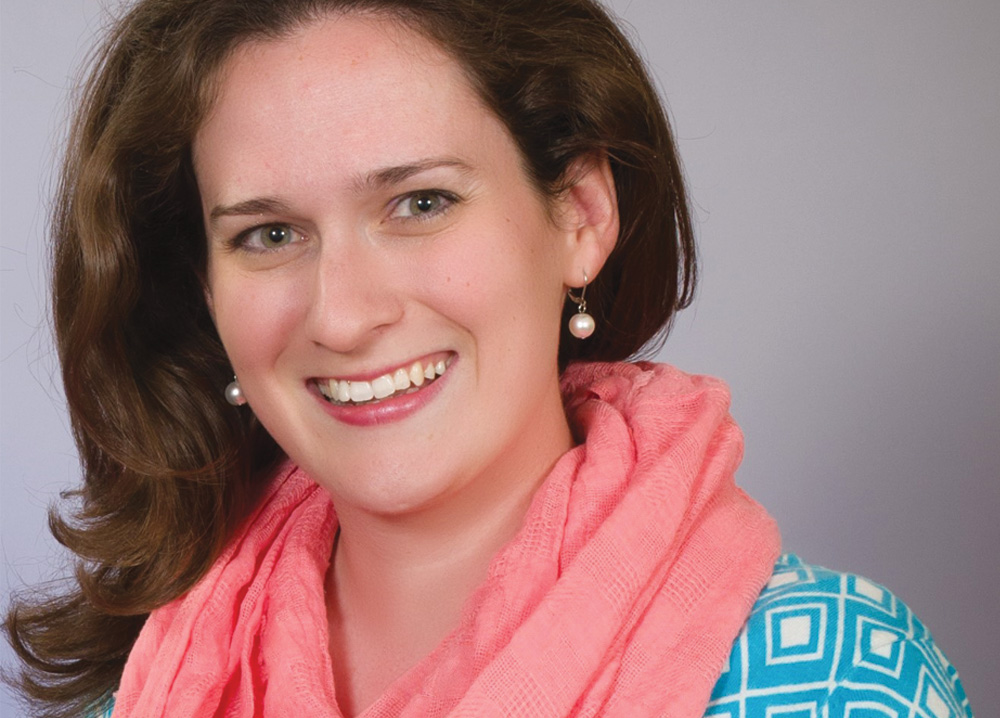
Healing Through
Curiosity
As a licensed mental health counselor, I’m grateful for the listening skills that first took root at Swarthmore. As an individual continuing to grow, I wish I could go back to Swarthmore and sit at different tables in Sharples and start listening all over again. I’d join in conversations that feel uncomfortable, about race and about class; if I could go back, I might listen more than I talk.
Once we leave Swarthmore, we take our ability to hear and our curiosity all over the world. There’s an approach to therapy called Internal Family Systems that focuses on healing through curiosity. By increasing understanding of and healing internal parts, individuals allow for self-led healing and leadership. In getting curious about our internal parts, we can understand ourselves better and hold space for differing emotions.
In getting curious about our neighbors, our colleagues, and people we don’t yet know, we can also hold space for one another and even for conflict. In 2021, we are coming face to face with the inequalities of our society — founded in racism, highlighted by the COVID-19 pandemic, and further complicated by political polarization.
The first step of any forgiveness or reconciliation process is to acknowledge the extent of the pain and hurt one side has experienced. It relies on the ability to deeply hear the other side, something, I would argue, that is deeply ingrained in the academic culture of Swarthmore. As we address the inequalities caused by racism and wealth disparities and the chasm between political parties, I believe that deep listening is a necessary first step in our society as well as in our interpersonal relationships.
We can’t go back to our lives before COVID-19 tore through our communities and our bodies, isolating us from our families, our work environments, our plans, and the stalwart elements of community, such as schools. We also can’t go back and undo the history of slavery or the establishment of structural racism in the United States. Following a traumatic event (or series of events), there is no going back — only the ability to move forward. Healing from trauma involves grieving the loss that occurred because of the trauma and then beginning to reconnect with the world in a new way.
As we engage in these steps, we are uniquely poised to take our foundation of deep listening and curiosity into all aspects of our lives, including those in which we may wish we had started engaging during our time at Swarthmore.